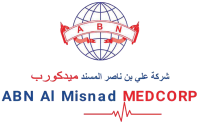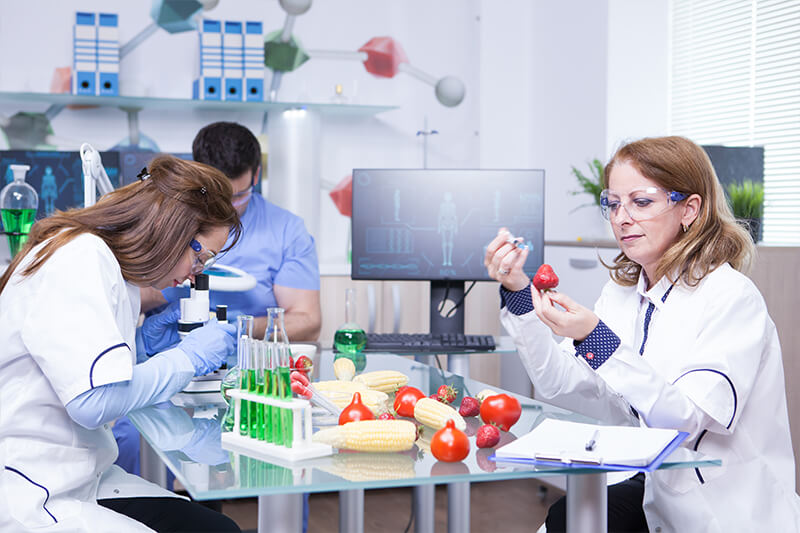
Environmental & Food laboratory
In an era where safety and quality are paramount, our environmental and food laboratory solutions stand as steadfast guardians. Our solutions encompass rigorous testing and analysis protocols, underpinned by the delivery of precise equipment and dependable methodologies. This steadfast commitment fosters healthier surroundings and promotes practices that ensure the consumption of food that is both safe and of the highest quality.
Environmental and food laboratories play a crucial role in ensuring the safety and quality of our environment and food supply. These laboratories conduct a wide range of tests and analyses to monitor and assess contaminants, pollutants, pathogens, and other factors that can impact human health and the environment. Here are some key areas of focus in environmental and food laboratories:
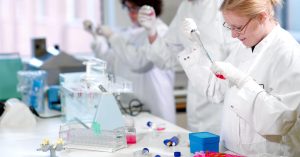
Microbiological testing is conducted to identify and quantify bacteria, viruses, fungi, and parasites in environmental and food samples. This testing is crucial for detecting pathogens, determining microbial contamination sources, and implementing appropriate control measures.
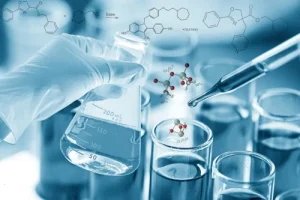
Environmental laboratories test water samples for various microbial analysis. This analysis helps in assessing the safety and quality of drinking water sources, recreational waters, and industrial discharge.
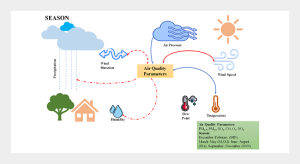
Laboratories analyze air samples to measure different pathogens in the air. This analysis assists in evaluating and detecting the highly transmitting pathogens in early stage which helps to prevent the infection and control the contamination and adherence to regulatory standards.
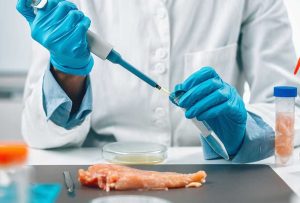
Food laboratories analyze food samples to ensure they meet safety standards and are free from contaminants, such as pathogens, pesticides, heavy metals, and allergens. These tests also help in assessing nutritional value, authenticity, and adherence to labeling requirements.
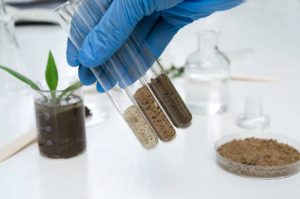
Testing soil and sediment samples helps in identifying contamination levels, determining nutrient content, and assessing the potential impact on groundwater and ecosystems. This analysis is important for monitoring contamination from industrial activities, agricultural practices, and hazardous waste disposal.
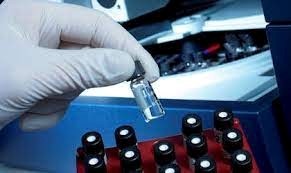
Environmental and food laboratories also analyze samples for various chemical contaminants, such as pesticides, herbicides, mycotoxins, veterinary drugs, and industrial pollutants. This analysis helps in monitoring exposure levels and ensuring compliance with regulatory limits.
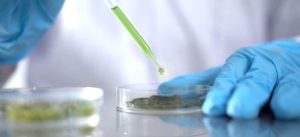
Laboratories conduct research studies and continuous monitoring to assess the impact of human activities on the environment. This includes studying biodiversity, ecosystem health, climate change indicators, and other ecological factors.
More details please contact ABN Med Corp.


